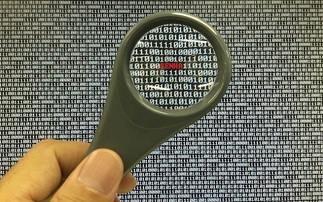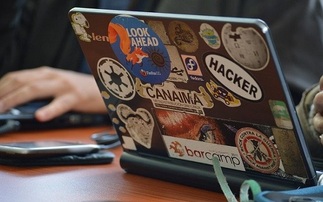'You can never be one hundred per cent certain that you're protected,' Jonathan Kidd tells Computing
An organisation must assume that its cyber security has already been compromised and develop its strategy from there, chief information security officer (CISO) for the Met Office Jonathan Kidd has ...
To continue reading this article...
Join Computing
- Unlimited access to real-time news, analysis and opinion from the technology industry
- Receive important and breaking news in our daily newsletter
- Be the first to hear about our events and awards programmes
- Join live member only interviews with IT leaders at the ‘IT Lounge’; your chance to ask your burning tech questions and have them answered
- Access to the Computing Delta hub providing market intelligence and research
- Receive our members-only newsletter with exclusive opinion pieces from senior IT Leaders





















